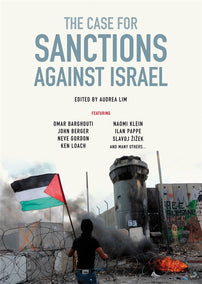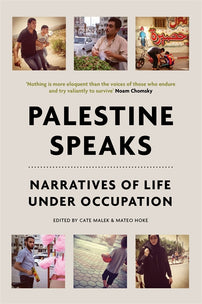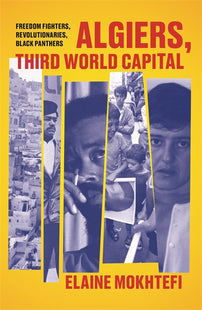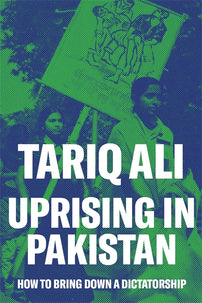Karameh: The Palestinian Resistance’s 1968 Baptism of Fire
1968 saw the first military victory for armed Palestinian forces against the Israeli army.

First published at NPA. Translated by David Broder.
1968 was a year rich in political events: the student revolt and the general strike in France, the Tet Offensive in Vietnam, the Prague Uprising and its suppression by the Soviet army… and the first military victory for armed Palestinian forces against the Israeli army, at the end of March 1968 in Karameh, Jordan. That year history seemed to be advancing at a giant’s stride, and the world revolution was on the agenda: history was biting at our heels… and I decided to engage in what was taking shape as the expression of this global movement in Israel, the Israeli Socialist Organisation better-known by the name of its paper Matzpen ["Compass"].
I met the militants of Matzpen a few days after the battle of Karameh, in the cafeteria of the Hebrew University, where I had begun my philosophy studies. Most of the students were worried by the rumours/news about this operation; despite the censorship, what did filter through suggested that it had gone rather badly. But at Matzpen’s table they were laughing hard at the thrashing that the "Great Army of the Six Day War" had received in what was meant to be no more than a "mopping-up" operation on the other side of the border. They particularly took the piss out of Hilik, a Labour Party student bureaucrat mobilised for this operation, who — it was said — had spent hours hiding under an armoured vehicle, panicked by a Palestinian resistance that he had not been prepared for.
In fact, no one in Israel was prepared for what would, from Karameh onward, be called the armed struggle, and which radically changed the terms of what was not yet called the "Palestinian Question."
On 20 March 1968 (two days before the occupation of Nanterre University [north-west of Paris; a key event in the build-up to May ‘68]) a major Israeli military force crossed the River Jordan for an unremarkable "mopping-up" operation. Indeed, for some time Fatah commandos had been conducting military operations in the territory that had recently been conquered, before retreating into bases set up in Jordanian territory.
Drunk on its lightning-fast victory the previous June, the Israeli army had not done its homework, and came to Karameh expecting a picnic. It instead headed into a fiasco. Confronted with dogged resistance, the Israeli forces were surprised: the battle lasted 15 hours and the great Israeli army lost 4 tanks, a plane and 33 men, as well as a hundred-odd wounded. The Palestinians lost between 120 and 150 combatants, but Fatah gained an aura which made it the symbol of possible revenge for the humiliating defeat that the Arab armies had suffered in June 1967.
I was delighted by the insolence of the Matzpen militants and their lack of respect for an army which the whole Israeli people had deified. A few months later came May ’68 in Europe, and Matzpen rapidly became its local supporters. These were two reasons why I quickly decided to join its ranks and to be a Matzpen militant, up till its dissolution at the turn of the millennium.
[book-strip index="1" style="display"]



